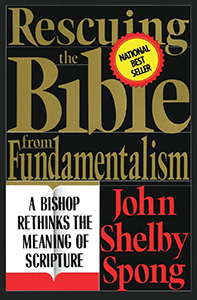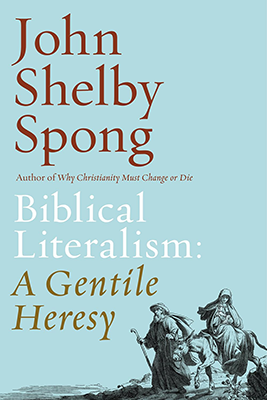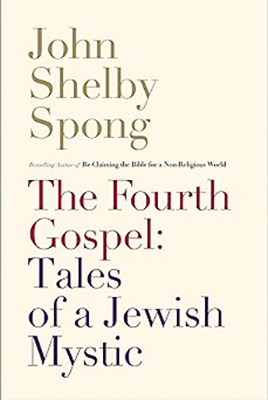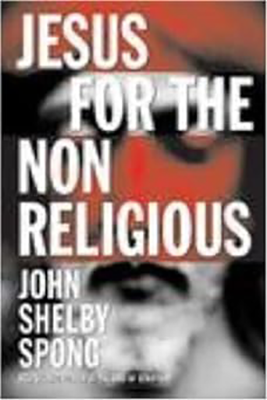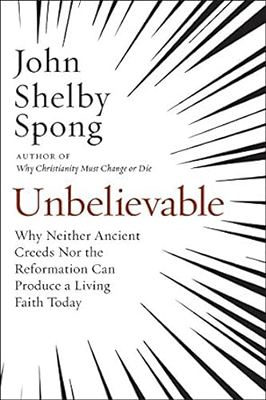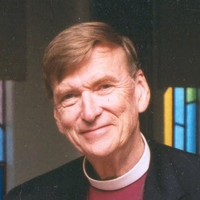
John Shelby Spong
John Shelby Spong, born on June 16, 1931, in Charlotte, North Carolina, was an American Episcopal bishop, theologian, and author known for his progressive views on Christianity and his advocacy for social justice and inclusion.
Spong grew up in a conservative Christian household and attended the University of North Carolina at Chapel Hill, where he earned his bachelor’s degree in 1952. He then pursued theological studies at the Episcopal Theological Seminary in Alexandria, Virginia, and was ordained as a priest in the Episcopal Church in 1955.
Throughout his early career, Spong served as a parish priest and later as a bishop in the Episcopal Diocese of Newark, New Jersey. He gained attention for his outspoken views on various theological and social issues, including his support for the ordination of women and LGBTQ+ individuals, his rejection of traditional interpretations of the Bible, and his advocacy for a more inclusive and intellectually honest Christianity.
Spong’s theological views were heavily influenced by modern biblical scholarship, existentialism, and liberal theology. He challenged traditional Christian doctrines and interpretations, arguing for a more metaphorical and symbolic understanding of scripture and emphasizing the importance of reason and critical thinking in religious discourse.
In addition to his pastoral and theological work, Spong was a prolific author, writing over two dozen books on topics ranging from biblical interpretation and theology to spirituality and ethics. Some of his notable works include “Rescuing the Bible from Fundamentalism,” “Why Christianity Must Change or Die,” and “Eternal Life: A New Vision.”
Throughout his life, Spong remained committed to promoting a vision of Christianity that was inclusive, intellectually rigorous, and socially engaged. He was a prominent voice for progressive Christianity and a tireless advocate for justice and equality within and beyond the church.
John Shelby Spong passed away on September 12, 2021, but his legacy continues to inspire Christians and non-Christians alike to engage critically with their faith and to work towards a more compassionate and just world.

